Slanted FlyingJournal of Tai Chi Chuan
Training
Tai Chi and Tea
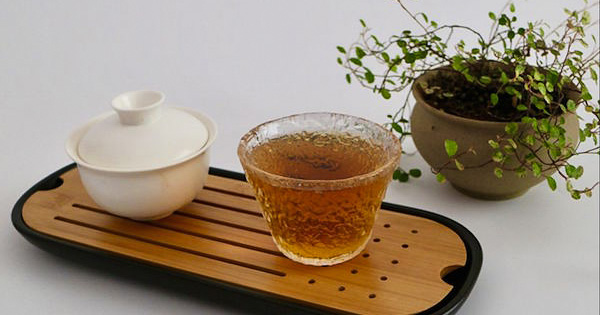
To some, the link between Tai Chi Chuan and tea may not be immediately apparent. One involves slow precise breathing exercises, performed with complete relaxation and focus. The other is a beverage made with leaves and hot water.
Yet both tea and Tai Chi come from China and during my years exploring these art forms it has become obvious that along with cultural connections they complement each other.
You could look at the relation to tea preparation and Tai Chi from many angles.
As with Tai Chi, green tea – especially Japanese matcha tea – is praised for its health-giving qualities. In recent studies, high doses of EGCg, one of the antioxidants found in tea, have been effective in treating all sorts of ailments and the Chinese have used tea medicinally for millennia. Tea and tea ceremony even take on symbolic significance in Chinese ceremonies. In the Li-family system of martial arts, for example, brewing and pouring a pot of tea is part of the ritual for passing down an advanced meditation technique.
However, I don’t want to dwell on health or ritual here. Articles raving about tea’s health benefits are too common, often exaggerated and rarely of interest to anyone but nutritionists and body builders. As for the ceremonial aspect, I don’t feel qualified to comment. Although I’ve lived in China and studied Chinese religion, the rituals are not from my culture. I might partly understand, but I didn’t grow up immersed in the three teachings – Daoism, Confucianism and Buddhism – and therefore much of the significance of the ritual passes me by and I would have to make my own interpretations.
I want to approach this from a more subjective angle: what similarities does tea preparation have to Tai Chi practice and how do I include it in my routine?
There is a saying in Chinese: 禪茶一味 chanchayiwei – ‘tea and Zen are one flavour.’ Through their history, developing together in East Asia, tea etiquette and Zen (Chan, in Chinese) became intertwined. The phrase “Tea and Zen are one flavour can be read as an allusion to the cultural and symbolic connections between tea and the Zen tradition. But I like to read this idiom differently.
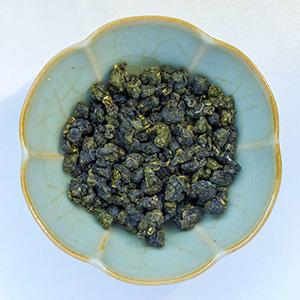 Everyone practises Tai Chi in their own way. Some systems start with silk reeling, others may do a standard warm-up working the joints and tendons before moving on to the muscle fibres. Whichever way you go, all systems share something in common: we all use this time to settle our breath and bring our minds to task. If we have been wrestling with problems – both work-related and personal – we put them aside and focus on what we are doing. If you skip this stage you notice; the mind-body connection ensures that when our thoughts are stormy and turbulent, our tai chi form is jerky and disconnected.
Everyone practises Tai Chi in their own way. Some systems start with silk reeling, others may do a standard warm-up working the joints and tendons before moving on to the muscle fibres. Whichever way you go, all systems share something in common: we all use this time to settle our breath and bring our minds to task. If we have been wrestling with problems – both work-related and personal – we put them aside and focus on what we are doing. If you skip this stage you notice; the mind-body connection ensures that when our thoughts are stormy and turbulent, our tai chi form is jerky and disconnected.
Tea preparation shares this with Tai Chi practice. To make good tea takes a calm, Zen-like, focus. Everything has to be in place: the water has to be heated to the right temperature – never over-boiled; all the vessels – teapot, decanter and cups – have to be warmed; the tea leaves need to be washed; and all this even before you get to take your first sip. Unlike putting coffee on to brew, or making tea-bag tea, if you try to multitask, you miss a beat and end up with bitter, possibly undrinkable, tea.
Both tea preparation and Tai Chi bring you to centre and punish you if you aren’t concentrating. I use both for the same reason. They help me carve out a slice of distraction-free space within an increasingly stacked schedule.
Preparation method aside, drinking tea in itself has the awesome capability of bringing you to the point of calm, ungrasping focus – the sort of stillness fabled in Zen literature. (I said I wouldn’t bore anyone with pharmacology, but for those interested, l-theanine is responsible for smoothing out the effects of caffeine and gives tea the mellowness coffee lacks.) I often drink tea before I do Tai Chi or meditation. It enhances both.
However, I don’t go all out and prepare tea with thoroughness described above (this approach is known as gongfu tea in the tea world). If I tried to concentrate on qigong and tea gong at the same time one or both of them would suffer. Instead, I use a simple method – I prepare tea in a bowl. This technique requires less concentration. You can drink at a leisurely pace and top up with hot water every now and then, leaving you free to focus on your practice. (This brewing method is also good when writing.)
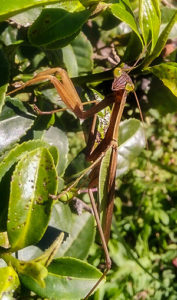 I have found when used in this way, the extra boost to concentration helps me track orbits and meridians, and the lower dantian sensation is more acute – though maybe that’s just warm tea sitting in my belly!
I have found when used in this way, the extra boost to concentration helps me track orbits and meridians, and the lower dantian sensation is more acute – though maybe that’s just warm tea sitting in my belly!
Different people favour different types of teas. Green tea is fresh and spring-like – good for an afternoon pick-me-up, but it can be too intense for meditation. Black tea makes you alert, but not overbearingly so, and is great for static meditation. Personally, I like oolong tea, and that is what I turn to for tai chi. Oolong sits between green and black: enlivening, but relaxing, and complex in flavour. Most important is the standard of the tea and water. Bad quality tea tastes foul and makes you uncomfortable – not a great starting point if you want to practise Tai Chi.
If you haven’t experienced it already, go to your local teahouse and ask them to take you through a gongfu tea tasting experience. I’m interested to hear if it opens up the same meditative space for other people as it does me. Or if tea is already part of your practice, let us know how it fits in.



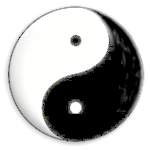

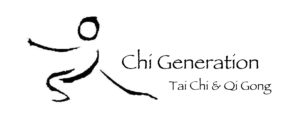
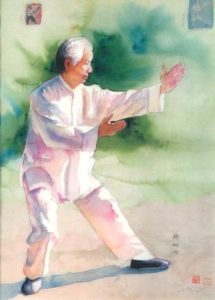
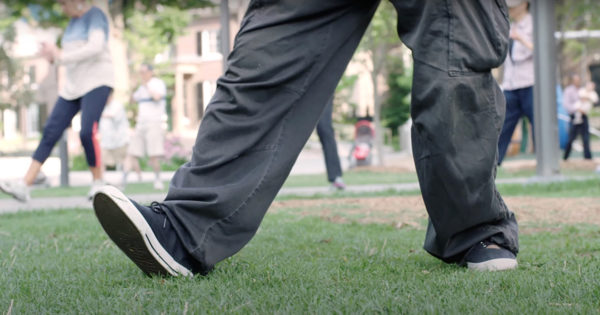
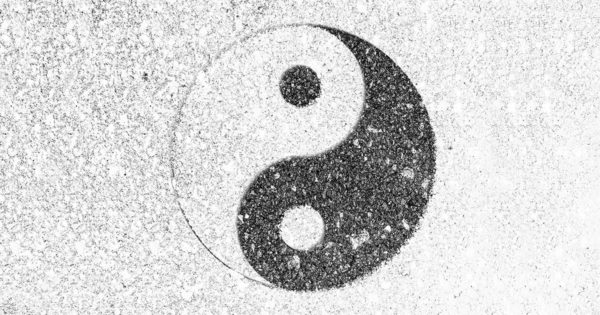
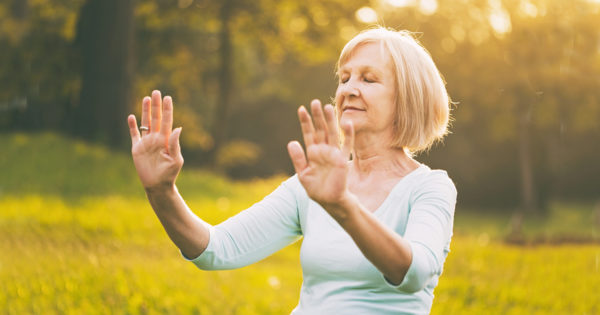

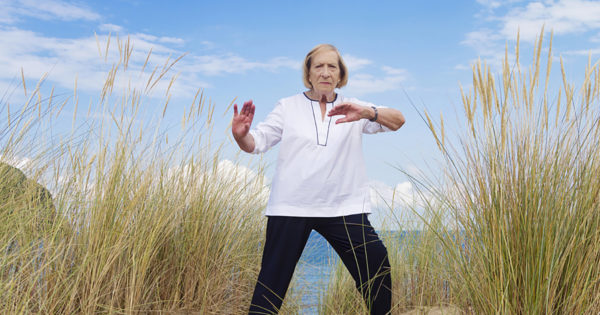


Thanks/ Very interesting. Although I like green tea, especially for its benefits for the digestive tract winch can be felt immediately, Nevertheless it sporadically awakes my migraines, which do not help to practice. Once I witnessed how Sifu Fong Ha (once a student of Tung Yingchieh) discussed the enjoyment of chi kung even during drinking some tea, after showing his impressive push hands abilities.